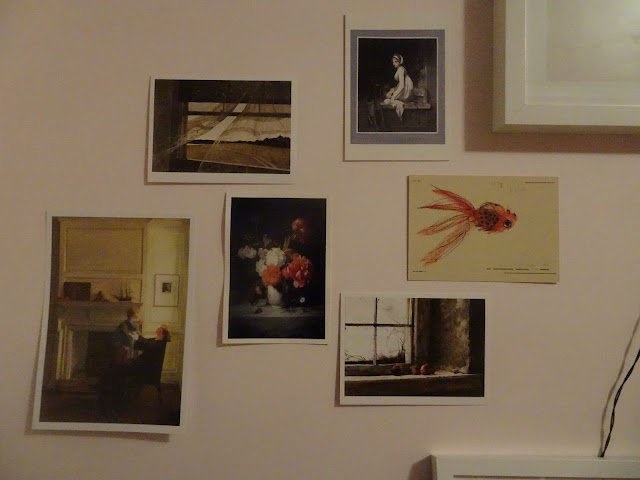on beginnings
As I was finishing the final essay of Echoes, I emailed Ellena:
I'm finishing the third essay on washing machines, water, movement and seeking balm. I tend to find endings tricky and have the added pressure of it being the book's ending. Do you have any advice? Is it a matter of remaining patient, diligent and curious, and re-reading the essay and collection for the 'deeper' meaning?
Her advice, as always, was excellent. She suggested looking at the 'balance' of the piece overall, ensuring there was 'weight' at either end and evenly dispersed throughout:
'Circling back' is one strategy of doing this. Return to an image, a scene, or an argument you started describing at the beginning of the essay/chapter, and finish the thought, return to it, or extend the image, in the concluding passages.
A 'volta' is another strategy, which is a term that technically means the 'turn' in a sonnet, but which can be used in shorter essays, too. See the volta in this essay, by Annie Dillard: https://nabuckler.files.wordpress.com/2011/08/the-death-of-the-mothhandout.pdf
It
is better to live in a state of impermanence than in one of finality.
—Gaston
Bachelard, The Poetics of Space (trans. Maria Jolas)
I have flipped through books, reading hundreds of opening and closing lines, across ages, across cultures, across aesthetic schools, and I have discovered that first lines are remarkably similar, even repeated, and that last lines are remarkably similar, even repeated. Of course in all cases they remain remarkably distinct, because the words belong to completely different poems. And I began to realize, reading these first and last lines, that there are not only the first and last lines of the lifelong sentence we each speak but also the first and last lines of the long piece of language delivered to us by others, by those we listen to. And in the best of all possible lives, that beginning and that end are the same: in poem after poem I encountered words that mark the first something made out of language that we hear as children repeated night after night, like a refrain: I love you. I am here with you. Don't be afraid. Go to sleep now. And I encountered words that mark the last something made out of language that we hope to hear on earth: I love you. You are not alone. Don't be afraid. Go to sleep now.
—Mary Ruefle, 'On Beginnings' in Madness, Rack, and Honey


